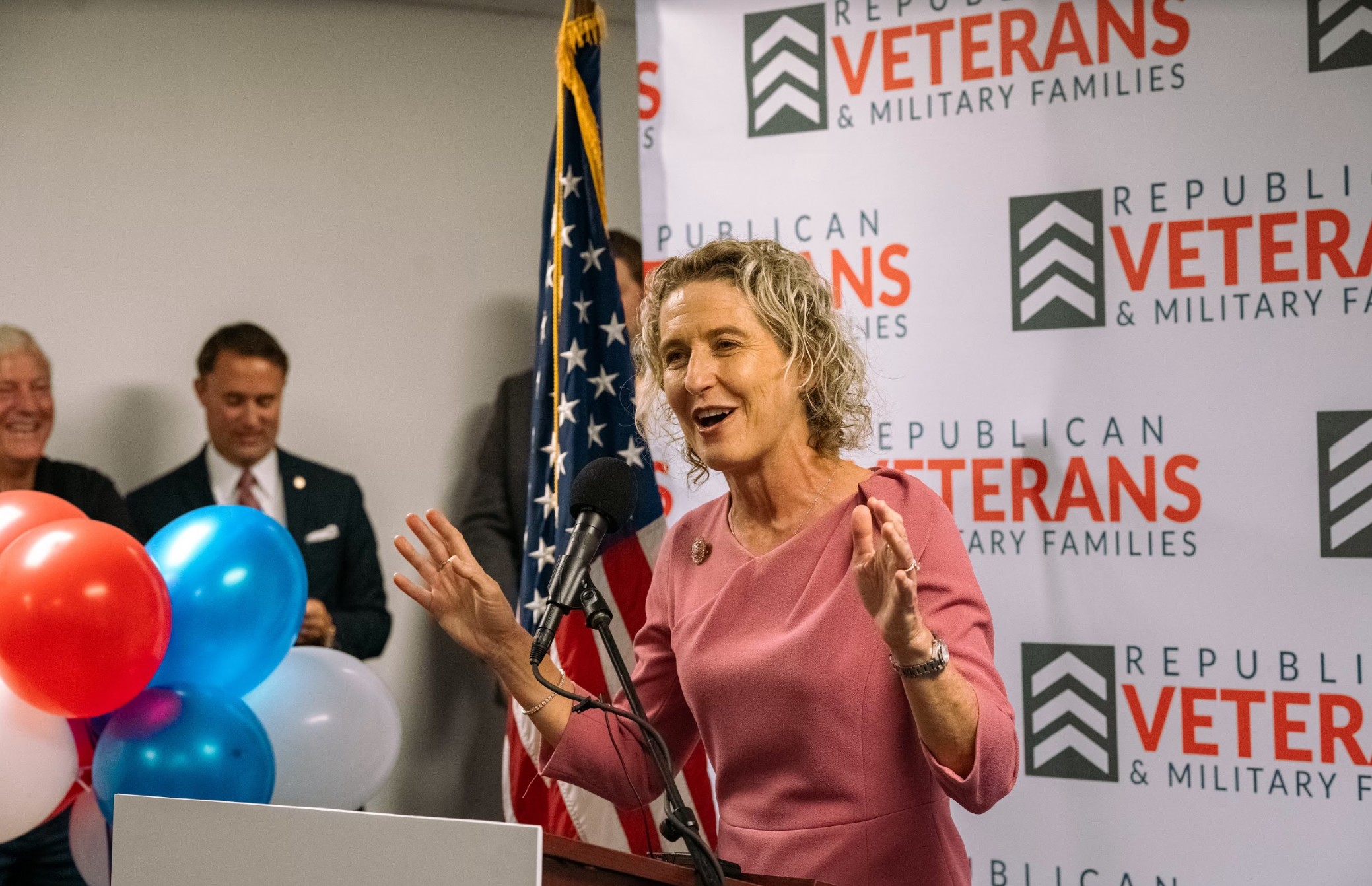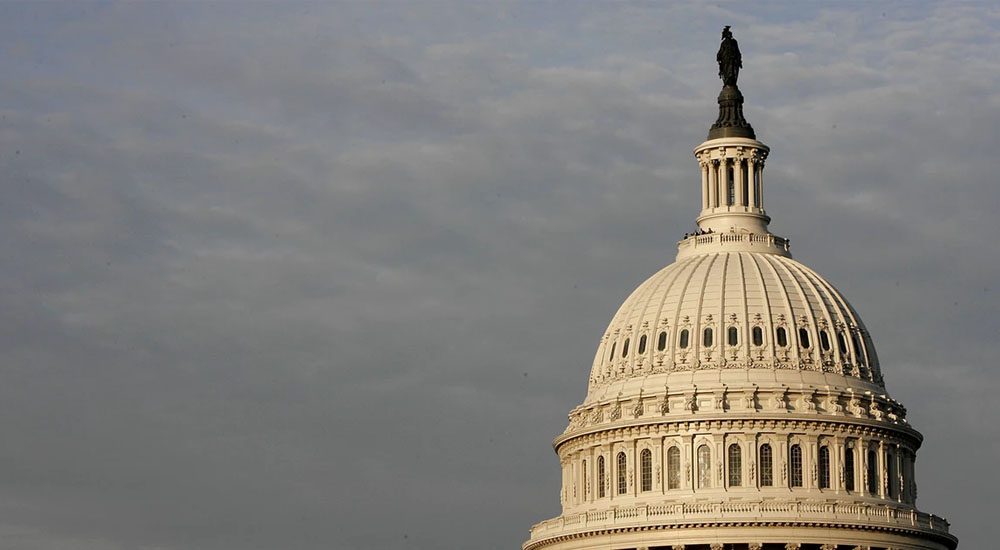Representative Elaine Luria (D-VA-02) and state Senator Jen Kiggans (R-Virginia Beach) are tied at 45 percent among likely voters in the race for Virginia’s 2nd Congressional District, according to a new poll from Christopher Newport University’s Wason Center.
The poll also found that the district’s Democratic voters are most concerned about abortion and Republican voters are most concerned about inflation.
“Virginia’s second Congressional District has been known to switch back and forth between the major parties and it appears the seat is still highly competitive, despite new district lines that bring in more Republican voters,” said Dr. Rebecca Bromley-Trujillo, research director of the Wason Center. “If this were a typical midterm election year, this district would likely favor the Republican candidate, especially given an unpopular sitting Democratic President and high inflation. Abortion and concern over threats to democracy appear to have energized Democrats and bolstered support for incumbent Rep. Elaine Luria.”
The poll is the only public polling in the race so far, according to Real Clear Politics‘ list. RCP rates the race lean Republican; Cook Political rates the race a Democratic toss-up, and both Cnalysis and Inside Elections rate the race a toss-up.
The center conducted the poll among 820 likely voters in the second district from October 12-18, and it has a 3.9 percent margin of error.
The results found that Governor Glenn Youngkin has a 56 percent approval rating in the district, higher than the 50 percent rating Youngkin got in a statewide poll the center released earlier this month. President Joe Biden is at 41 percent approval, and 45 percent of respondents said he’s not a major factor in their congressional vote. However, 34 percent said it is a vote against Biden, and 18 percent said their choice would be a vote for Biden.
“When asked how much of a factor the U.S. Supreme Court’s decision to overturn Roe v. Wade is in their vote choice, 47 percent say a major factor, 17 percent say a minor factor and 34 percent say it is not a factor. Democrats (78 percent), women (54 percent), and Black likely voters (68 percent) are considerably more likely to say this is a major issue compared to Republicans (22 percent), men (40 percent), and white voters (42 percent). Independents are largely split with 42 percent saying a major factor, 18 percent a minor factor and 40 percent not a factor,” the Center reported.
“On the issue of inflation, 66 percent say this is a major factor in their vote choice, 18 percent a minor factor, and 15 percent not a factor. Here too we see significant divisions by party with the vast majority of Republicans saying inflation is a major factor (94 percent) compared to 44 percent of Democrats and 65 percent of Independents. Though a majority of men and women see inflation as a major factor there is an 11-point gap (72 percent to 61 percent),” the Center continued.





